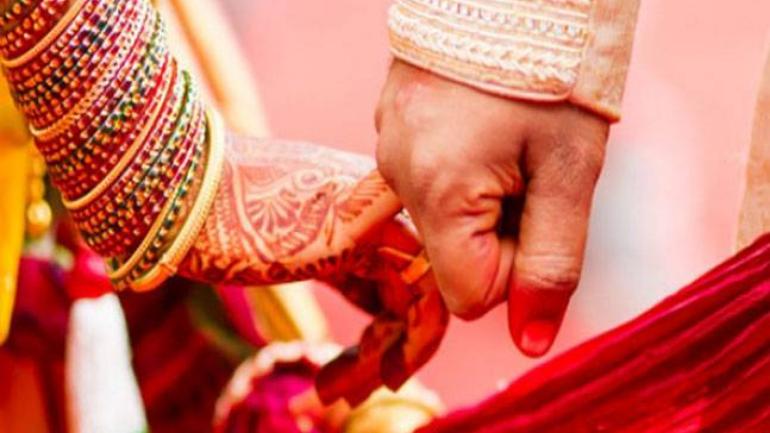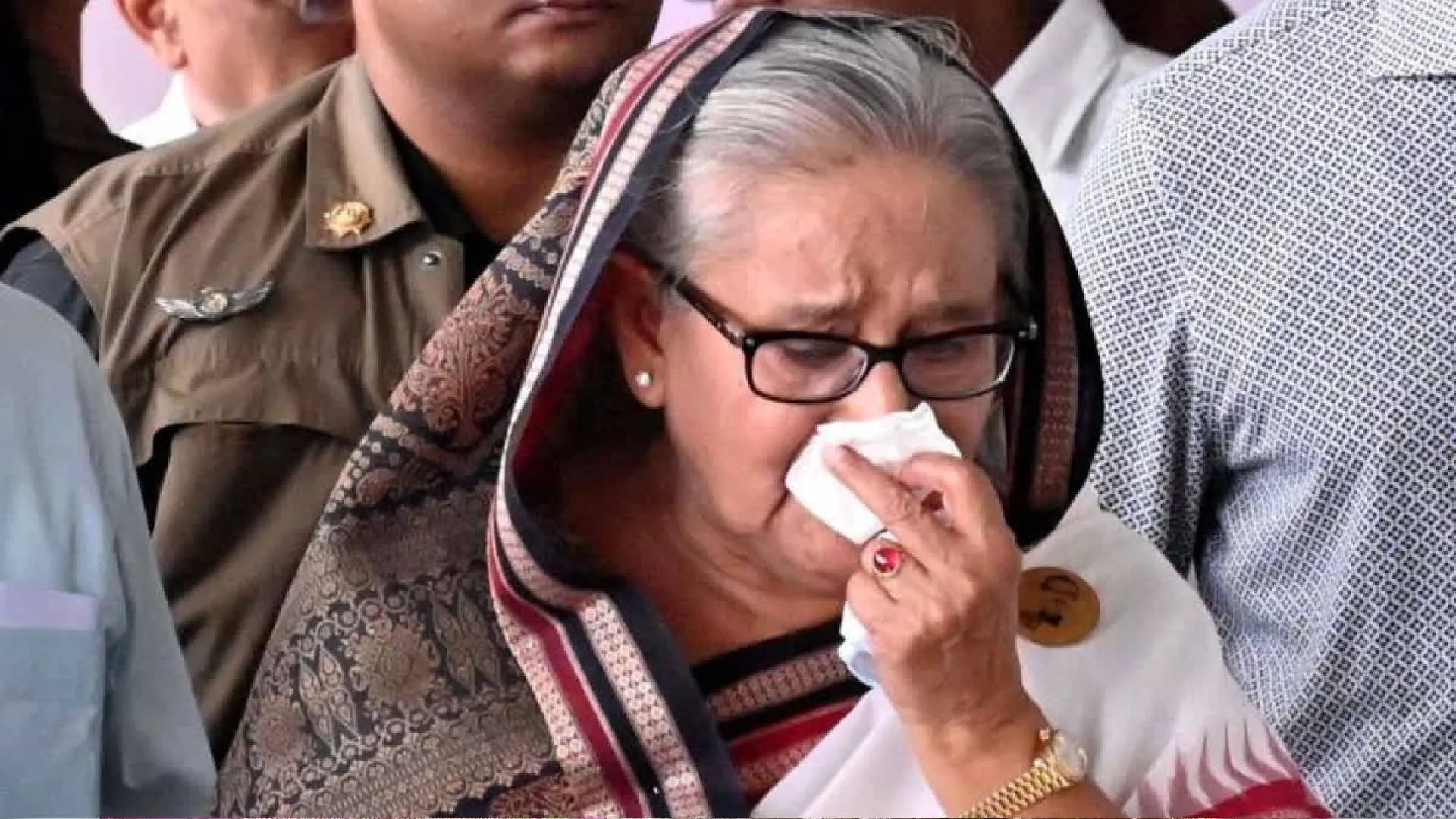The schematic diagram is that it’s one’s life which is affected at first, thereafter comes the law, encapsulating a right of an individual, and if the law is embedded with a moral element, then, the justice lasts long. As it happens, we argue, whether law & morality and justice & life should be in congruence with each other. Being of the opinion that, “If morality becomes the fulcrum to law, then law acts as a lever to adore Justice”; to this, we promulgate the issue of recognition of same-sex marriage under the Hindu Marriage Act, 1955 and Foreign Marriage Act, 1969 or Special Marriage Act, 1954 to actuate the theory of Categorical imperative and Justice on Morality; because we view insagaciously scrutinising the fact that whether the Supreme Court of India will opine on the basis of the principles of Morality while dealing with this issue, for the reason that, as far as applying law and legislation is concerned, the field of vision is dark. As it may happen, keeping aside the fact of social enigma and social morality, which makes a specific community face round of hiccups, when our Constitution guarantees all citizens Article 21. We strongly interrogate that when we deal with the issue involving morality and life, as opposed to the social theorems, and where the law in our country is either hushed or doesn’t whisper about it all, then how a court serves it?
UTOPIAN LIFE, MORAL DUTY AND KANT’S IMPERATIVE THEORY
If we are to deal with law and life, we postulate life as an idealistic living which is formed by entwined embracement of five aims elaborated in our Vedic texts i.e. Bhakti (Devotion), Artha (economic values), Kama (pleasure), Dharma (righteousness), and Moksha (liberation); and we reiterate, ‘when devotion to duty and service with a righteous mind and belief lends you economic pleasure and that lasts into liberation is the philosophy of one’s life’, then, we are in no doubt in saying, it is the utopian way of living life. Why did we decipher what is an idealistic life? The sole reason is, considering that,life is ours own, and we choose to live in whatever manner we want, with whomsoever we want, and howsoever we want, even so, the idealistic life doesn’t include the aspects of marriage or choosing partners, but it is more of performing respective duty in every phase and every profession because duty comes with a moral obligation while walking on a just path. Therefore, the rationale is that obeying the moral obligation — effectuates four things, first, one’s duty is accomplished; second, a reasoned society is developed, third, law and order are maintained and fourth, the most important, one endures the idealistic life. Having said this, we reconcile with great jurist Immanuel Kant, who gave the theory of ‘Categorical Imperative’ as he believed that a principle of morality is a principle of practical rationality. In simpler terms, he meant that we all must follow an unconditional moral principle. Consequently, the Supreme Court of India also has an unconditional moral obligation to deliver its duty towards the LGBTQ+ community and need to consider the imperative of morality while deciding on an issue considering the life of some but oppugnant to many.
LAW’S MORAL DUTY TOWARDS LIFE
It is Kant’s philosophy of life that gave us an imperative theory which needs to be commingled in today’s law, because when performing our respective moral duty is an indispensable part of our life, likewise a law should also inhibit a texture of Kant’s theory while imposing itself on one’s life. As to the righteous law and/or legislation when merged with a moral element, it will impart justice to every kind and in every situation. Because there arise varied cases and situations when there are no legal grounds in a case but there are moral grounds which need adjudication. That’s why we were intrigued by the question of how one can toil to secure justice wherein a case is based on morality. With this, we catechize whether Justice can be based on morality?
SAME-SEX MARRIAGE AND CONSIDERATION OF MORALITY
We reiterate as we wonder when the age of the world will grow, it will present to us new dilemmas, new challenges, and new principles, and to that effect, we will have no laws, and no rules — and yet again, either the parliament will enact a law or either the court will interpret the provisions under existing laws. Having said this, our country is amidst the consideration of the issue of legal recognition of same-sex marriage under the Special Marriage Act, 1954, or Hindu Marriage Act, 1955 or Foreign Marriage Act, 1969 read along with the articles sustained under the Constitution of India and as we say, the dice this time is with the Supreme Court of India, and we seem to conundrum over that in absence of a legal framework, will the Supreme Court of India rely on the grounds of morality while rendering justice to samesex marriages? Having regard to this, we muse upon the 2016 ruling passed by the Constitutional Court of Columbia, wherein by a 6-3 vote, and by following the precedents set by the Courts of Argentina, Brazil and Uruguay, the Court has recognised the rights of same-sex couples to marry, and whereas, Justice Judge Maria Victoria Calle Correa specifically said that “all people are free to choose independently to start a family in keeping with their sexual orientation … receiving equal treatment under the constitution and the law”. Likewise, the U.S. Supreme Court believed that the Constitution applies throughout and to all citizens, and therefore court viewed that confining marriage only to heterosexual couples violates the principle of equal protection under the law. And, the concept of equal treatment or equal protection under the law has direct a consensus with Kant’s theory of the Categorical Imperative, as Immanuel Kant has said, “we ought to treat all human beings as ‘ends in themselves’—as free, rational beings equally worthy of dignity and respect. For these philosophers, we are morally equal just by virtue of being human, regardless of our physical, intellectual, and cultural differences”. Withal asserting, the rulings pertaining to life, morality and law have survived by virtue of Kant’s imperatives. Be that as it may and for all good measures, the Hon’ble Supreme Court of India in a bench led by the Hon’ble Chief Justice of India along with Hon’ble Justice P.S. Narasimha has issued notice on 25th November 2022 on the petition seeking legal recognition of same-sex marriage under Special Marriage Act, 1954 and on 14th December 2022 notice was issued as to registration of marriage of same-sex couples under Hindu Marriage Act, 1955 or Foreign Marriage Act, 1969 and lately on 6th January 2023 all the petitions pending before the various High Courts for consideration of the same issue were also transferred before the Supreme Court. Even agreeing to the prominence of principles of morality, whilst, while delivering the Ashok Desai Memorial Lecture on 17th December 2022, the Hon’ble Chief Justice of India, Dr D. Y. Chandrachud has said, “We rectified the injustice, section 377 (unnatural offences, of the Indian Penal Code) was based on the morality of a bygone era. Constitutional morality focuses on the rights of individuals and protects it from popular morality notions of the society”. And yes, we say that the Supreme Court has duly considered the notion of morality, be it may, the ascertainment of rights to LGBTQ+, or decriminalisation of adultery, which forms a part of transformative constitutionalism and constitutional morality. Justice Dipak Mishra (then Chief Justice of India) and Justice A.M. Khanwilkar explicated the notion of ‘marriage equality’ in Shafin Jahan v. Asokan K.M. and Ors.; Criminal Appeal No. 366 Of 2018, for that reason, we give credence to the schism of equality and morality, despite the law in our country is tongue-tied, simultaneously perceiving marriage being a lovable contract, ought to be reasoned. Into the bargain, we are even concerned about the presence of morality under other laws as well. We believe if law and morality will form a confluence, then the prevalence of justice in the life(s) living in the society will be as rooted and strong as that of root bridges. Because we are again persuaded to contemplate Kant’s ideology of categorical imperative; it is believed that the goose step to unconditional moral obligation leads to practical rationality.
WHY IS THERE A DEMAND FOR THE MORAL OBLIGATION OF A LAW?
We discerned the necessity of demarcating morality in society either by the constitutional mechanism or legal mechanisms, owing to growing cases of barbarity like the exclusion of elders, religious conflicts, rising brutality against women, etc. For example, recently, despite the Supreme Court’s order to ban the sale of acids, a 17-year-old schoolgirl has survived an acid attack, and she needs a blanket of legal morality, because I wonder, if we have any law regarding the Right to Medical care, and Re habilitation of the Acid Attack victims/ survivors. As such, punishing the person who has committed the wrong is one thing, but the exigency of law is to also recognise the conditions and aftermaths a victim is going to suffer. There comes the moral obligation of law to cinch for virtuous justice. And when we say this, we trust that ‘justice follows the law and if a law is entrenched with morality, then instinctively, justice will also follow morality’, and if it happens, then we will be no doubt in saying, it is the utopian way of administering a true society. Unquestionably, this transformation is required while making a law. A respective unconditional moral obligation should be followed by law, a life or a judgment to eradicate vicious governance. Till now, transformative laws have followed a path of morality and seeing that morality should be a duty of law which should be adhered to while enacting a law, as it is not the duty which follows rules, it is the rules which follow duty.






















